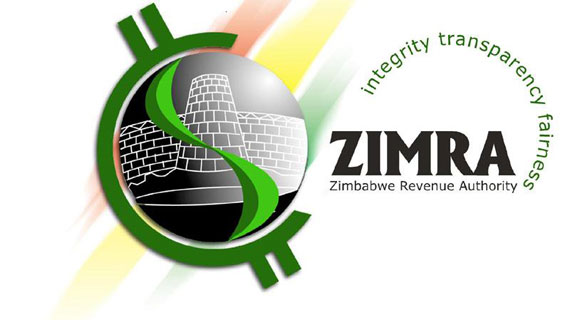
HARARE — The Zimbabwe Revenue Authority (Zimra) has questioned the value of some import duty exemptions to the economy, saying the government lost out on as much as $817 million in potential revenue in the first quarter, as official data showed a dip in state revenues.
Total revenue collections for the first quarter amounted to $805,48 million against a target of $873,3 million and last year’s figure of $837,9 million as the contribution of value added tax and other indirect taxes declined amid an economic slow-down, a Treasury bulletin showed on Monday.
Presenting oral evidence before the finance and economic development portfolio committee on Monday, Zimra commissioner-general Gershem Pasi said out of an import bill of $1,4 billion in the quarter, only $557 million was taxable leaving government with an income of $179 million, excluding private imports.
During the period under review, total gross import bill stood at $1,4 billion.
Of the total non-taxable goods, government importations accounted for $86,7 million, tax expenditure regimes (rebates, suspensions for the tourism sector) accounted for $167 million, preferential trade goods $280 million and zero-rated goods $187 million.
“Perhaps we should be seeing the benefits of it from enhanced economic activity,” Pasi said in reference to the tourism sector, which was enjoying huge tax breaks from government. “We need to be following up on these incentives to see whether they are having the outcome that was intended when they were put in place. Where they are not, then we should be able to relook.”
Committee chairperson David Chapfika (Mutoko South Member of Parliament, Zanu PF) and other members expressed concern over the huge amount of goods that were exempted from duty.
“I think those are some of the issues we need to bring to the attention of the minister (of finance). He is failing to pay teachers yet there are some areas we need to put some plugs and increase efficiency,” Chapfika said.
- Chamisa under fire over US$120K donation
- Mavhunga puts DeMbare into Chibuku quarterfinals
- Pension funds bet on Cabora Bassa oilfields
- Councils defy govt fire tender directive
Keep Reading
He also queried why Zimra was not consulted in deciding which goods should be exempted from paying duty.
“I would have thought that the ministry and yourselves consult each other on the merits and demerits of these tax exemptions before they are allowed. Is that the practice?” he said. Pasi said Zimra had resumed regular meetings with the central bank and treasury to consider the economic framework and during those meeting issues of duty would also be discussed.
The Zimra chief said high import duties meant to protect local manufacturers were turning out to be counterproductive as they encourage smuggling, ultimately prejudicing government of revenue.
“So when we say we are having duties as high as they are, which lead people to smuggle, in order to protect the local industry, the local industry itself is actually importing finished products and so there is no employment creation,” Pasi said.
“Would we not be better off opening up and allowing people to import freely so that they declare and we get some duty?”
Pasi also called for centralised revenue collection so that all the money coming into treasury could be properly accounted for, citing the example of police road blocks where millions of dollars were netted every month yet the money was not accounted for.
“And then at the end of the month we have an issue with Treasury, they want money for salaries for the same people who are collecting. We still need to find money for fuel to take prisoners to the courts but we do not get a schedule of how those moneys being collected elsewhere are being accounted for.”
— The Source










